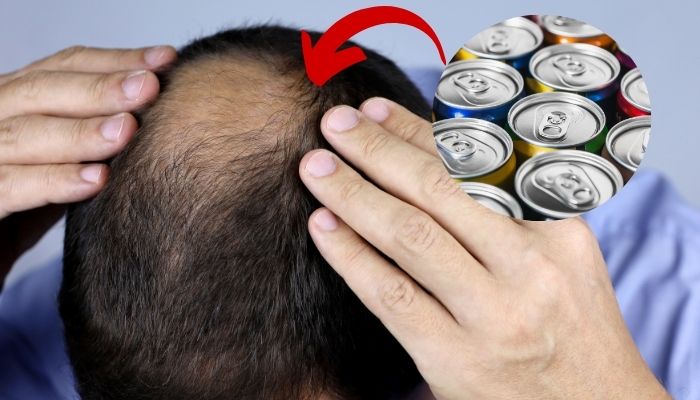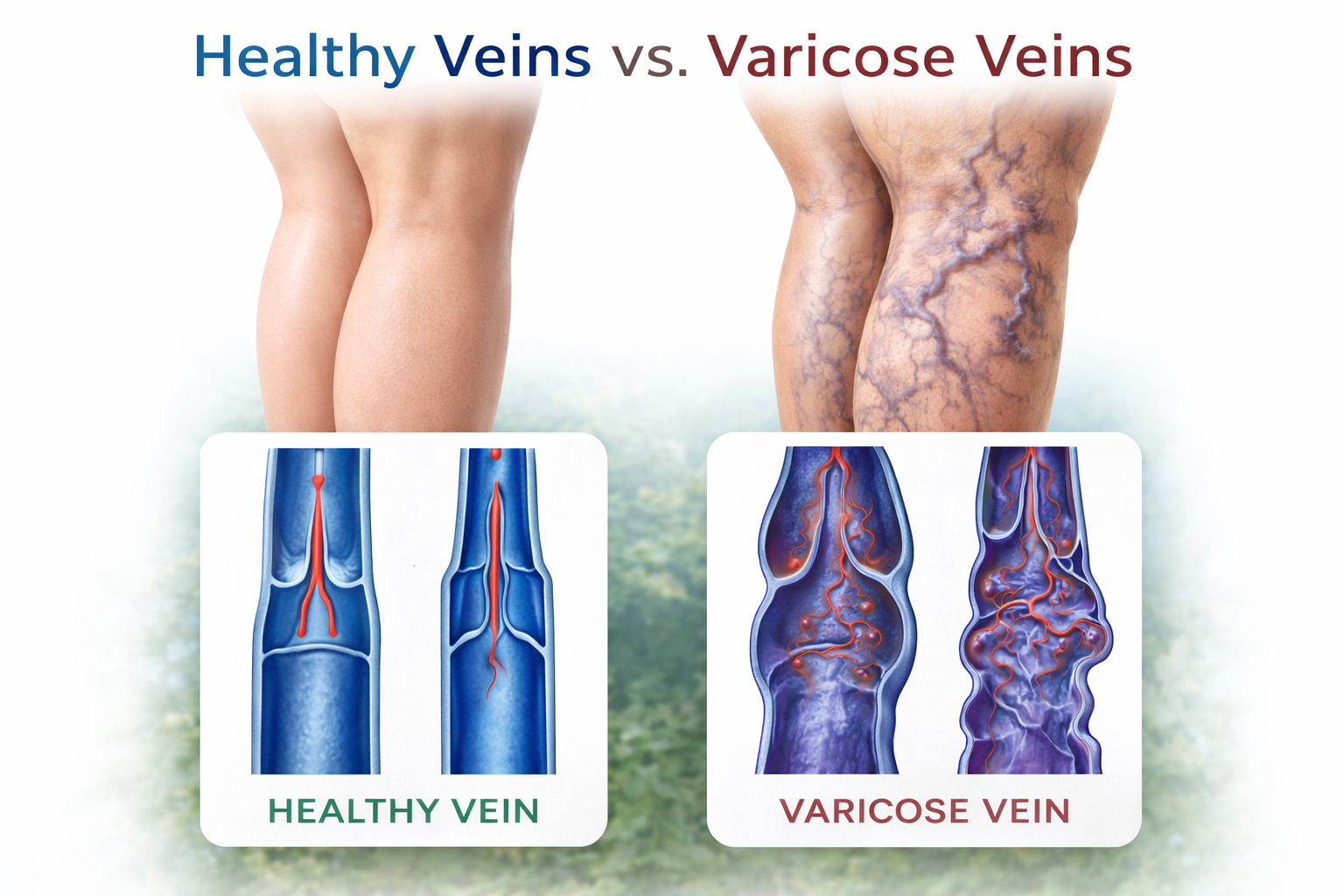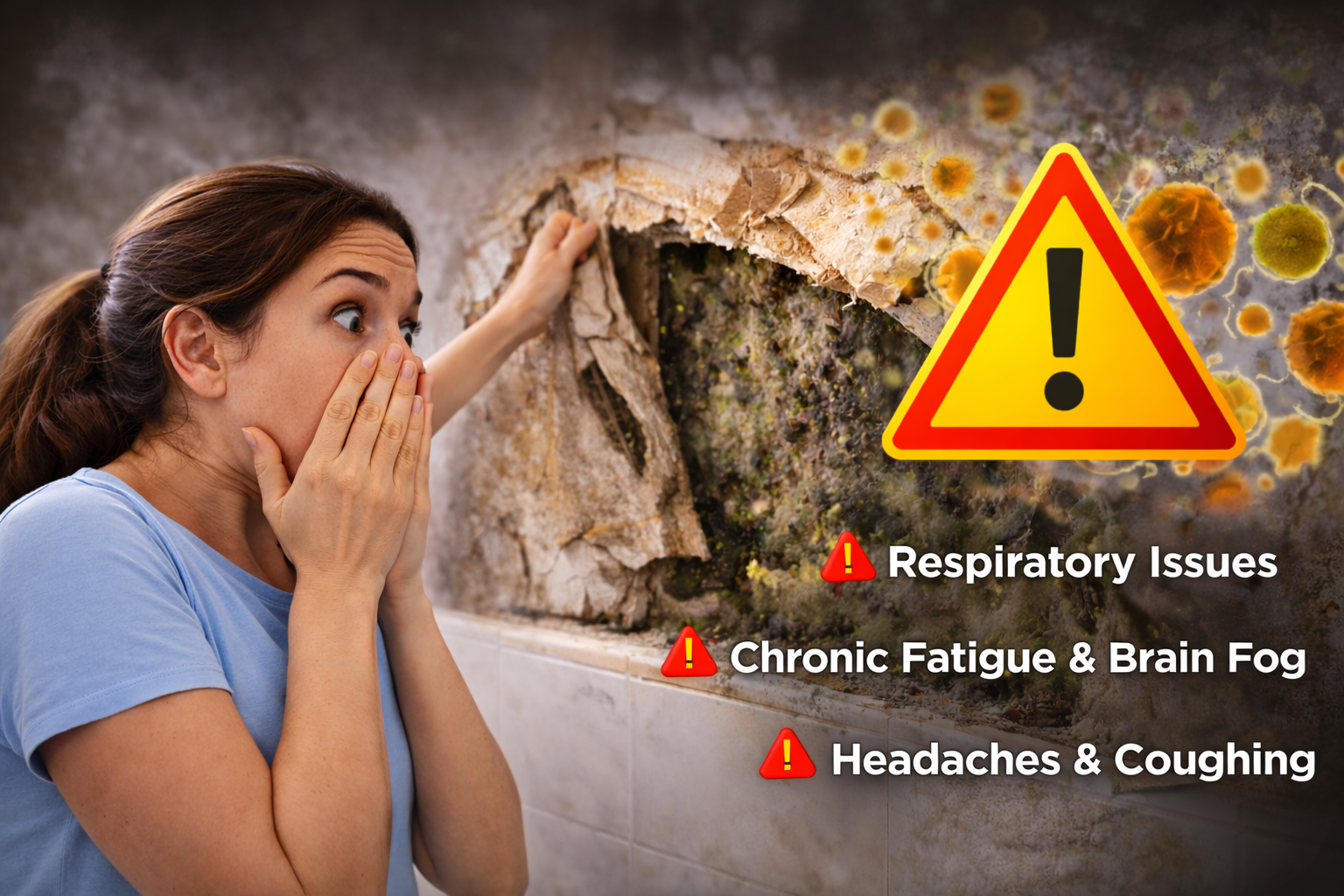The increasing popularity of energy drinks has sparked concerns about their potential impact on health, including a surprising connection to hair loss. This blog delves into the nuances of how energy drinks may contribute to hair thinning and discusses possible treatments for addressing hair loss effectively.

Do Energy Drinks Contribute to Hair Loss?
Some evidence suggests a possible link between energy drinks and hair loss[1], largely due to their high caffeine and sugar content. Excessive caffeine may disrupt the hair growth cycle[2], causing premature shedding. Additionally, sugar can lead to spikes in hormone levels[3], which might indirectly impact hair health. While the correlation isn’t conclusive, it’s clear that the components of energy drinks could influence factors involved in hair growth.
Are Females More Affected?
Women may be particularly susceptible to hair loss linked to energy drinks because of hormonal differences[5]. Caffeine can exacerbate natural hormonal fluctuations experienced during various life stages, such as menstruation and menopause, potentially impacting hair health. Stress on the adrenal glands from excessive caffeine might further destabilize hormones, increasing the likelihood of hair thinning[6].
How Much Is Too Much?
To minimize the risk of negative health impacts, adults should limit their caffeine intake to no more than 400 mg per day. Energy drinks often contain between 80 and 200 mg of caffeine per can, meaning that even a couple of cans can easily push you beyond safe limits.
How to Combat Hair Loss
1. Topical Treatments
Topical applications like Minoxidil (Rogaine)[7] have shown promise in encouraging hair growth by boosting hair follicle activity. Consistent use can improve hair growth for many individuals.
2. Oral Medications
Oral treatments, such as Finasteride, are often used to treat hormone-driven hair loss by addressing imbalances that lead to thinning.
3. Platelet-Rich Plasma (PRP) Therapy
PRP involves injecting enriched plasma into the scalp to rejuvenate hair follicles, potentially stimulating growth and promoting healthier hair.
4. Laser Treatments
Low-level laser therapy (LLLT) is a non-invasive treatment that uses light to stimulate hair follicles, encouraging regrowth for some users.
Lifestyle Changes for Hair Health
Reducing stress through meditation, yoga, or exercise can also positively affect hair health. Stress is a well-documented trigger for hair loss, and managing it effectively helps support overall well-being[4].
Key Takeaways
While energy drinks may boost energy, their excessive caffeine and sugar content could contribute to hair loss by disrupting the hair growth cycle and hormone levels. Women might be more vulnerable due to hormonal fluctuations and adrenal gland stress. Limiting caffeine, seeking appropriate hair loss treatments, and adopting stress-reducing habits can all help. Always consult with a healthcare professional to determine the best approach for your situation.
References
- Alsunni, A. A. (2015, October 1). Energy drink consumption: beneficial and adverse health effects. PubMed Central (PMC). https://www.ncbi.nlm.nih.gov/pmc/articles/PMC4682602/
- Völker, J. M., et al. (2020). Caffeine and its pharmacological benefits in the management of androgenetic alopecia: a review. Skin Pharmacology and Physiology. https://karger.com/spp/article/33/3/153/296017/Caffeine-and-Its-Pharmacological-Benefits-in-the
- Shi, X., et al. (2023). The Association between Sugar-Sweetened Beverages and Male Pattern Hair Loss in Young Men. PubMed Central (PMC). https://www.ncbi.nlm.nih.gov/pmc/articles/PMC9824121/
- Gökçe, N., et al. (2022). An overview of the genetic aspects of hair loss and its connection with nutrition. PubMed. https://www.ncbi.nlm.nih.gov/pmc/articles/PMC9710406/
- Dillon, P., et al. (2019). Gender differences in Any-Source caffeine and energy drink use and associated adverse health behaviors. PubMed Central (PMC). https://www.ncbi.nlm.nih.gov/pmc/articles/PMC6444914/
- Fischer, T. W., et al. (2020b). New effects of caffeine on corticotropin‐releasing hormone (CRH)‐induced stress along the intrafollicular classical hypothalamic–pituitary–adrenal (HPA) axis. PubMed Central (PMC). https://www.ncbi.nlm.nih.gov/pmc/articles/PMC7962141/
- Davenport, S. (2023). Does rogaine work and where to buy in 2024. https://www.medicalnewstoday.com/articles/does-rogaine-work





